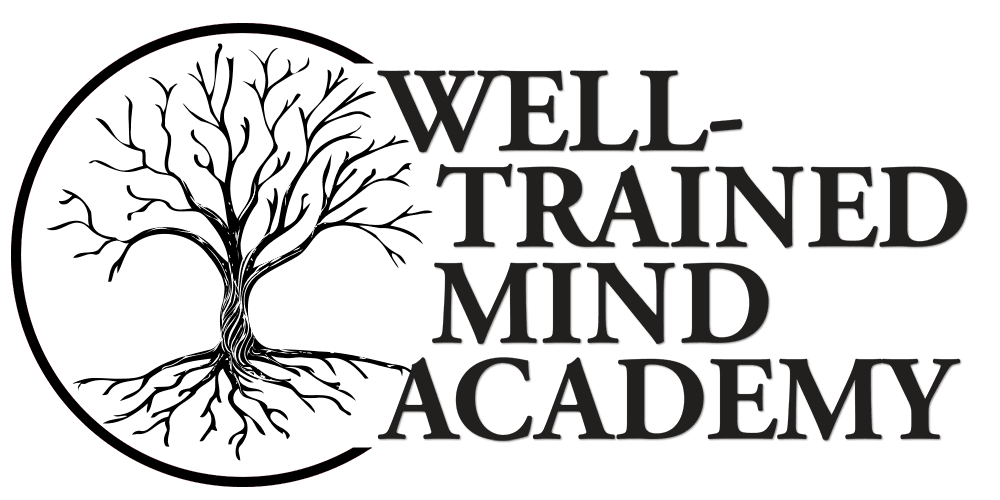
Department(s)
Education & Experience
• BA in English, University of Virginia
• MA in English Literature, Virginia Commonwealth University
• PhD in Media, Art, & Text, Virginia Commonwealth University
Bio
Since 2007, I have taught literature, academic writing, history, and media studies, helping students find their voices and connect with the world through the written word. Before joining Well-Trained Mind Academy in 2016, I was an Assistant Professor at Virginia Commonwealth University, where I developed courses to foster critical analysis, literary exploration, and communication skills. At WTMA, we value using classical methods to cultivate independent thought and fluent self-expression. This mission resonates with me because it goes beyond skill-building; it reflects a commitment to fostering connection and shared understanding—a reminder to students that they are not alone in their ideas and experiences.
Books are like time machines and methods of space travel—they transport us to other worlds and eras. The written word allows us to share in the ideas and experiences of people in times and places completely apart from our own. It’s incredibly rewarding to see students discover that they, too, can bridge worlds and make unique connections across centuries and cultures. Teaching the language arts is meaningful to me because I believe every student has ideas worth sharing, and they deserve to be taught how to communicate those ideas with clarity and purpose.
As Chair of Language Arts at WTMA, I work closely with a talented team of instructors to create a supportive, dynamic approach to teaching grammar, reading, and writing. Together, we aim to foster each student’s writing confidence and literary curiosity. In our department, reading and writing are seen as active processes that, when engaged in meaningfully, drive analytical thinking, broaden creativity, and deepen understanding of the world.
On teaching:
I see teaching as an invitation for students to engage deeply with ideas and build their academic confidence. In my classes, engagement is key: each lesson encourages students to analyze, question, and share insights that lead to meaningful understanding. Through a blend of guided activities and Socratic inquiry, I work to create an intellectually stimulating, supportive environment where students build independence and skill with complex texts. My assignments prioritize personal growth, idea development, and creative reasoning, offering individualized feedback that helps students see reading and writing as journeys of exploration, not simply steps toward a grade. Ultimately, my goal is to inspire a lasting desire to engage with the written word, showing students how strong reading, writing, and grammar skills connect them more deeply with the world and their own perspectives
Teaching Sample
Question & Answer
Students who are curious, reflective, and committed to staying on task will thrive in my classes. Those eager to analyze diverse perspectives and connect reading and writing to the broader world and other disciplines will benefit most. My classes are especially rewarding for students who enjoy exploring beyond surface-level interpretations, value diverse perspectives, and seek to develop their writing and critical thinking skills in meaningful ways. Students should know that assignments in my class are varied, balancing structured, traditional academic tasks with creative explorations. However, students looking for quick answers, frequent multiple-choice assessments, or minimally participatory assignments may find my classes challenging, as I emphasize in-depth analysis, active engagement, and developing ideas over time. Likewise, students who struggle to self-motivate or maintain a reading and writing schedule might find my courses to be a poor fit.
One of the greatest benefits of online learning is the opportunity for students to engage with a wide range of perspectives from peers across various backgrounds, cultures, religions, races, and even countries. This diversity is especially rewarding in the study of literature and writing, as it allows students to explore a broader spectrum of interpretations. Reducing a literary work to a single perspective can be limiting, especially when that perspective is drawn from a homogeneous environment—whether virtual or physical. In online classes at WTMA, students bring diverse experiences and backgrounds that inform their understanding of the world, and their individual contributions help expand the group’s thinking, encouraging engagement with ideas they might not have considered otherwise.
